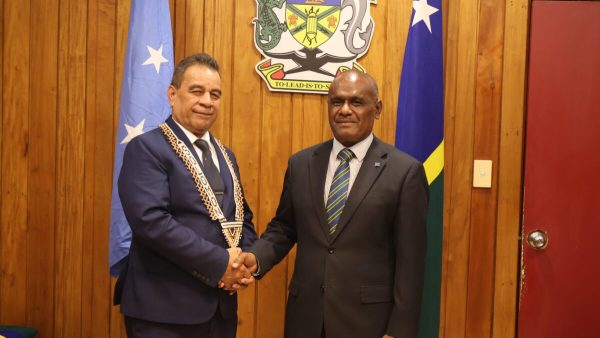“I can honestly say I wouldn’t have minded singing it once somewhere else, without this spotlight,” Polenzani said, adding: “I’ve resisted setting myself in one category, though, because the breadth of my career has been wide in terms of the repertory I’ve sung. You can have a valid argument for any part you want to sing, if it’s in your soul.”
And he praised his colleagues, including the Met’s music director, Yannick Nézet-Séguin, who is conducting, as well as the orchestra and chorus; a cast that also includes Sonya Yoncheva, Étienne Dupuis, Jamie Barton and Eric Owens; and the production’s director, David McVicar, who will also stage “Medea” next season.
At its 1867 premiere in Paris, the five-act “Don Carlos,” adapted from a play by Schiller, was deemed too long. Verdi reluctantly agreed, and oversaw a number of revisions, as well as an Italian translation as “Don Carlo.” For decades, in the most sweeping intervention, the work’s first act was often cut, and the four remaining acts usually given in Italian.
In 2010 at the Met, Nézet-Séguin led the five-act version (in Italian). Ever since, he has been angling to present the French “Don Carlos” at the house. As the plans for this new staging formed, Nézet-Séguin thought of Polenzani for the title role, even though he had never sung it, in either language.
“Matthew Polenzani is one of the greatest tenors of our time,” Nézet-Séguin wrote in an email. “Matthew was perfect for Don Carlos because it’s a role of infinite nuance and subtlety, with such a varied range of emotion and expression, which would play exactly to Matthew’s qualities.”



















Discussion about this post